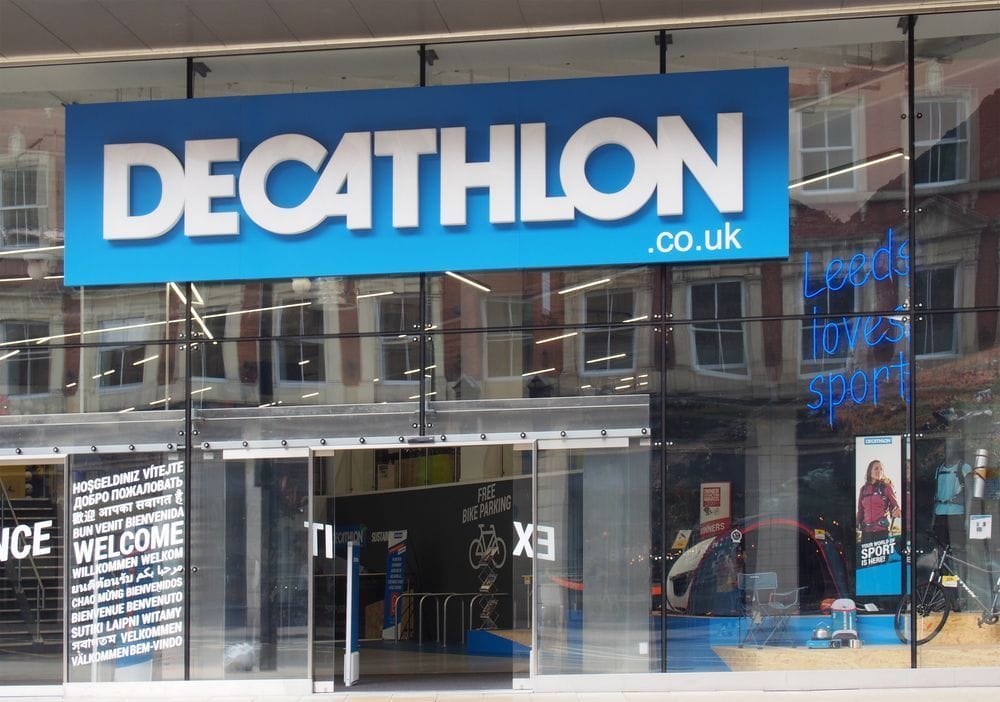The Government appears to have steered itself into a dead end street when it comes to environmental policies – but at least retailers are doing something constructive.
The Prime Minister has been tearing up plans to protect the environment after perceiving that such actions could be popular with voters, some of whom fear that these green policies would cost them money.
This thinking is behind the PM’s decision to push back the final date on which new petrol and diesel cars can be sold in the UK, and to tear up the Environmental Performance Certificate (EPC) scheme for homes. He has introduced confusion – but no confirmation – about what this will mean for commercial properties, such as shops. He has also delayed the date when new gas boilers will be banned – but claims that despite these changes the UK will be able to meet its international promises on decarbonising its economy.
Inside Housing: Sunak scraps energy efficiency targets in move dubbed ‘hugely disappointing’ by housing sector.
It remains to be seen if that is really the case, and it seems clear that as many voters are enraged by his new policies as they are cheered by them. The u-turns have also infuriated companies in the automotive and property sectors, who were working towards goalposts that have been bulldozed with little warning.
The Government could clearly learn from the retail sector, where there are considerable efforts to reduce the environmental impact of operations while also creating benefits for consumers. Retailers are using a carrot, not a stick, to encourage customers to be greener.
Retail Gazette: Decathlon launches buyback service across stores nationwide.
For example, sports retailer Decathlon has brought its buyback scheme to the UK. Already operating in mainland Europe, this will see Decathlon buy back products that customers no longer need. The products will be refurbished and resold.
At first limited to its own-brand bicycles, the scheme will extend to other products later. These will include items such as kayaks – a classic summer purchase that often will be used on a couple of visits to the beach before it is gradually forgotten in the back of a shed or garage. When rediscovered a few years later it will be missing its paddle. Why not trade it in for something else instead? The customer gets some money back and a product gets a new lease of life.
This is the kind of win-win result that is missing from plans to simply tear up new rules designed to improve the environment.
GreenRetail.World: Seeds of Change interview: Currys COO Lindsay Haselhurst on circular economy and one of the retailer’s “greatest assets”.
Decathlon is not alone in making efforts to reduce its impact on the environment. Currys too is seeking to extend the life cycle of its products, with an eye to a future ‘circular economy’ where products can be repaired and recycled to extend their useful lives.
It’s in all of our interests to protect the world we live in. It could be argued that it is the role of government to show effective and innovative ways to do so. There is precious little evidence of that happening at the moment.
Thank goodness retailers are being a bit more proactive. Unlike politicians, who are held to account only at elections, retailers see at first hand that environmental initiatives are expected of them. If they don’t provide them, shoppers increasingly go somewhere else.
Is it too much to ask that politicians learn from this?

